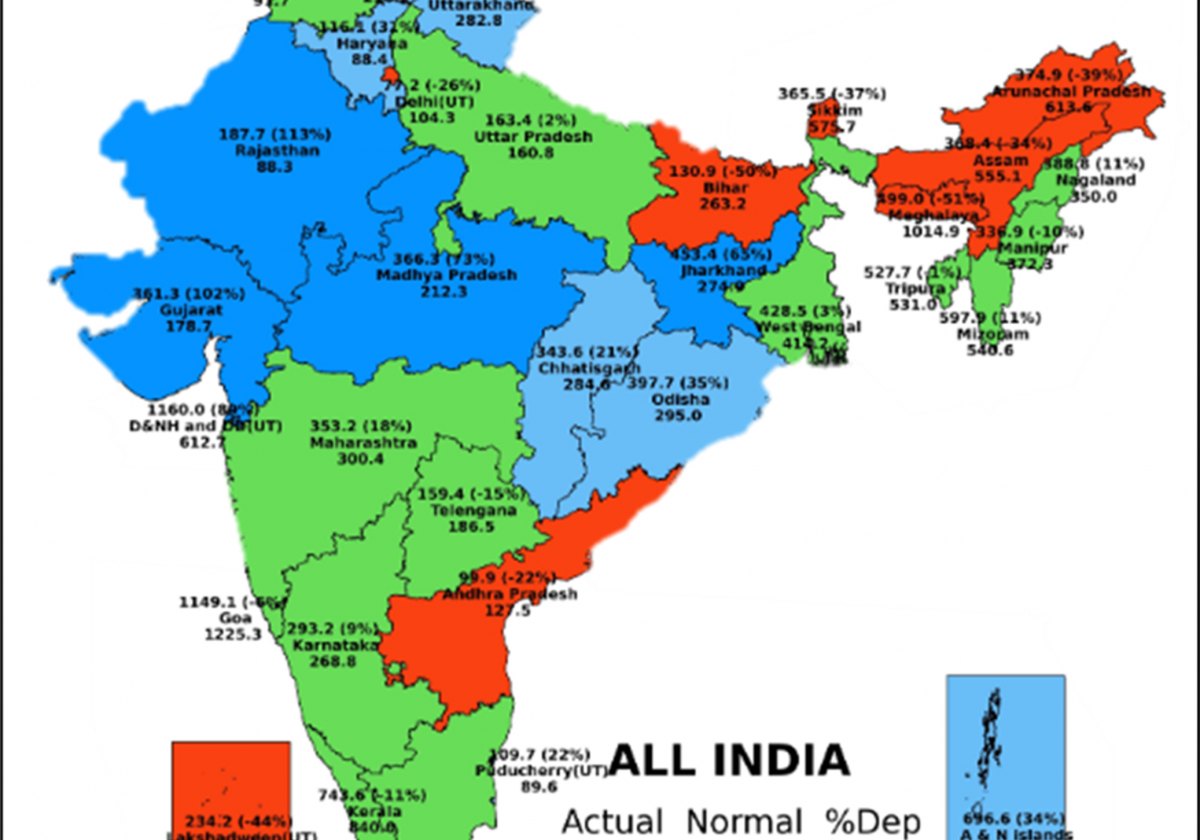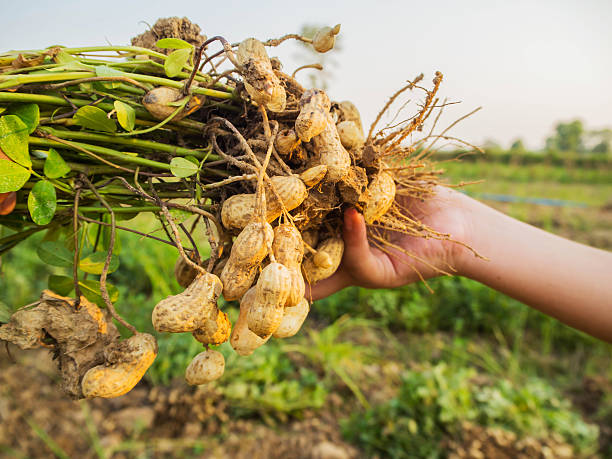Noida, India: 30th April, 2020

By Amith Agarwal, Co-Founder & CEO, AgriBazaar
Contributing about 15% to India’s GDP, the agricultural sector sustains almost half the population of the country. Interestingly, more than 265 million people in India are engaged in farming, which also makes it one of the largest employers in the country. More than 70% of rural India is employed in this space, running their daily expenses with income generated through agriculture. However, there are some significant challenges that the small farm-owner community faces in their day-to-day operations. These hinder the growth of farmers’ income and keeps the sector from flourishing to its full potential.
To begin with, farmers in our country do not get the deserving returns on their produce. The reason? The presence of intermediaries and the high price of carrying out physical transactions in the local mandi. It leaves farmers with fewer returns. While this remains a major concern for this sector, many more challenges go unacknowledged.
In a bid to address these challenges, the government has, fortunately, taken several laudable initiatives over the past few years. Pradhan Mantri FasalBima Yojana (PMFBY), Pradhan Mantri Krishi Sinchai Yojana (PMKSY), E-NAM, and Soil Health Management (SHM), among others, are some of the top schemes that came as a significant relief to the farming sector. However, the sector yet calls for more attention. It is where agri-tech startups come to the picture.
How can startups address the farming challenges using technology?
The small size of farmlands – Unlike the west, size remains a crucial challenge for this sector. Still, the sector houses a vast population of farmers who own highly fragmented agricultural lands. They produce in small quantities and eventually earn less income. With the help of agri-tech, these farmers can take their produce to an online marketplace and sell it across India. Through these online platforms, they can reach international buyers and sell their produce at attractive prices at a global level.
The presence of intermediaries – Most Indian farmers fail to get excellent prices for their produce due to the presence of intermediaries which increases the cost per transaction – mostly 2-3% of the value – for conducting offline transactions in local mandis. However, through online agri-tech platforms, this can be brought down to almost 0.5% of the produce while eliminating intermediaries. In an online platform, the money is directly transferred to the respective accounts of farmers, allowing them to benefit from a healthy payment cycle.
Crop Traceability – From a buyer’s point of view, crop traceability is a challenge that they majorly face in an offline mandi. For instance, today, when you visit a local mandi for buying vegetables, you have no idea about the actual producer. In case you face any challenge with the quality of the produce, you have no option to identify the farmer. Agri-tech can bridge this gap by creating transparency between the consumer and the original farmer. It means that any future requirement based on factors like quality, produce or consumer needs, can be efficiently ascertained through online platforms. These technology-driven platforms also give large Indian or global institutional buyers access to small farmers through an aggregation model.
Crop Wastage – Farmers usually have no access to scientific data that they can leverage for better decision making associated with crops and fields. However, agri-tech companies have crop advisory teams that provide in-depth insights on soil health based on past analysis. These experts are also adept at predicting weather conditions using tech advances such as artificial intelligence (AI) and drones. It helps farmers minimize crop wastage due to natural factors such as heavy rainfall, drought, etc. Moreover, with such technological assistance, farmers can have a better idea of when to plant and harvest a particular crop for the highest-quality yield.
Low Crop Yield – Agri-tech can also address and improve the crop yielding capacities of farmers by studying the history of farmers, crops and their lands. By leveraging this data, experts can develop tailor-made seeds, agri-nutrients and other pre & post-harvest inputs for farmers and help them deliver higher yields from their farms.
Financial Inclusion – By registering with agri-tech platforms, farmers can digitally upload their records in a convenient and hassle-free manner and apply for credit. It will free him from the clutches of the local money-lender who charges exorbitant interest rates. Based on the credit history and quality of the produce, farmers can secure loans, also termed as warehouse collateral agri-financing. Hence, these platforms can help the farmer community attain their growth objectives through easily-accessible financial instruments.
At a time when the entire world is disrupted by COVID 19, electronic mandis can be a great way of conducting buying and selling transactions between farmers and customers while also ensuring compliance to social distancing norms in the post-COVID world. Moreover, it can be an efficient solution to farmers’ several woes and add transparency and efficiency to the entire marketplace. Given these advancements in the farming space, agri-tech can be a newfound opportunity to bring back glory to Indian farmers and help them ramp up their contribution to India’s GDP.
Read More: Express Computer | Varinidia | The News Minute








 Connect With Us
Connect With Us
I am commenting in order to help you to understand what a terrific encounter my daughter enjoyed looking at through your on series page. She noticed lots of pieces, with the add-on of what it is definitely like to have the awesome helping style to be able to have the rest with no hassle grasp some excruciating matters.
I’ve saved as a favorite your site, and I am just adding your The feed feeds to my Yahoo and google account.
Attractive portion of content. I simply stumbled upon your blog and in accession capital to say that I acquire actually loved account your weblog posts. Any way I’ll be subscribing to your feeds and even I achievement you get admission to constantly fast.